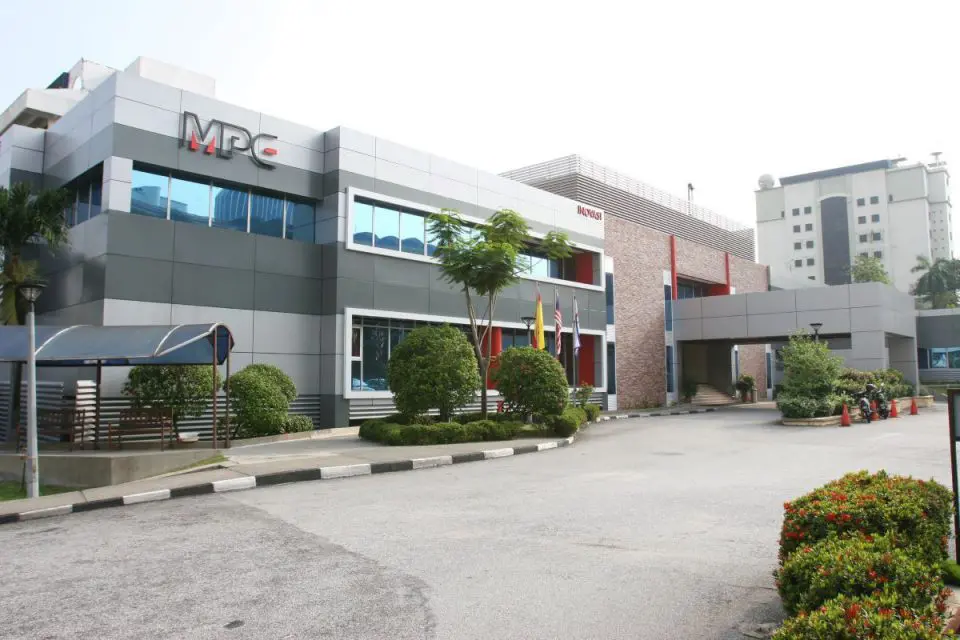KUALA LUMPUR, Feb 10 — Malaysia Productivity Corporation (MPC) is calling for adoption of behavioural insights (BI) in public services as it provides an opportunity and methodology for reducing the administrative cost of regulation and enforcement through nudging behaviours.
Director-general Datuk Abdul Latif Abu Seman said BI is a proven tool for enhancing policy outcomes by understanding human behaviour and applying a behavioural “pull” approach besides the regulatory “push” approach.
“Improving the government’s regulatory delivery through structural reforms will lead to a more competitive and productive economy,” he said in a statement today.
He noted that many countries, including the United Kingdom, the United States and the Netherlands, have BI units within government to help guide policies that have on-ground implications for businesses and the public.
“These governments have used nudges to improve road safety, encourage recycling and waste reduction, increase personal savings, and encourage education and reskilling, for example,” he said.
Behavioural insights is an approach that considers human cognition and applies systematic “nudges” to induce behavioural change.
According to Abdul Latif, it is particularly useful for discouraging negative behaviours and noncompliance towards public wellbeing, without resorting to costly government regulation and enforcement.
Hence, he said, MPC is calling for government ministries and agencies at federal, state and municipal level as well as regulatory authorities, to adopt it in public services.
MPC is collaborating with the various ministries and agencies to implement BI initiatives. Among them are the Ministry of Youth and Sports, Ministry of Transport, National Higher Education Fund Corporation and Ministry of Health.
Meanwhile, Organisation for Economic Co-operation and Development (OECD) head of strategic management and coordination Faisal Naru said BI is a growing practice among policy practitioners around the world to achieve better outcomes at a lower cost.
He explained that humans have mental frames and biases that may not fully respond to incentives and penalties of cost-based traditional economics.
In addition, Eden Strategy Institute senior advisor Eddie Razak, who was a student of BI at Harvard Kennedy School, said that policies work best when there are intrinsic motivations overlaying extrinsic regulations.
“The current Covid-19 pandemic is a good example where, until vaccines become available, the only way to contain the disease was through behavioural change, such as wearing masks, washing hands and social distancing.
“While the movement control orders and standard operating procedures are necessary, enforcement can be cumbersome. Things work best when people internalise and adopt behavioural change willingly,” he said at the National Competitiveness Webinar organised by MPC recently.
— Bernama





